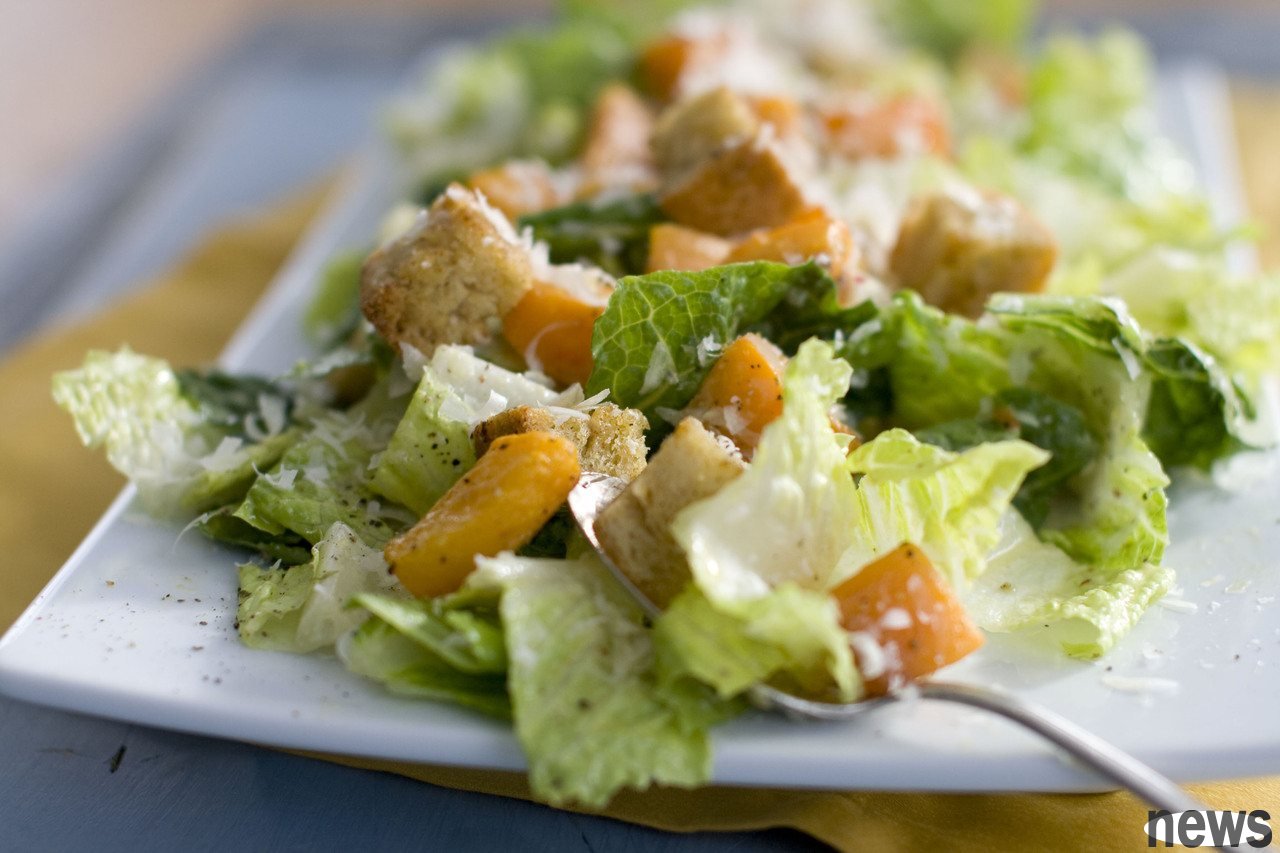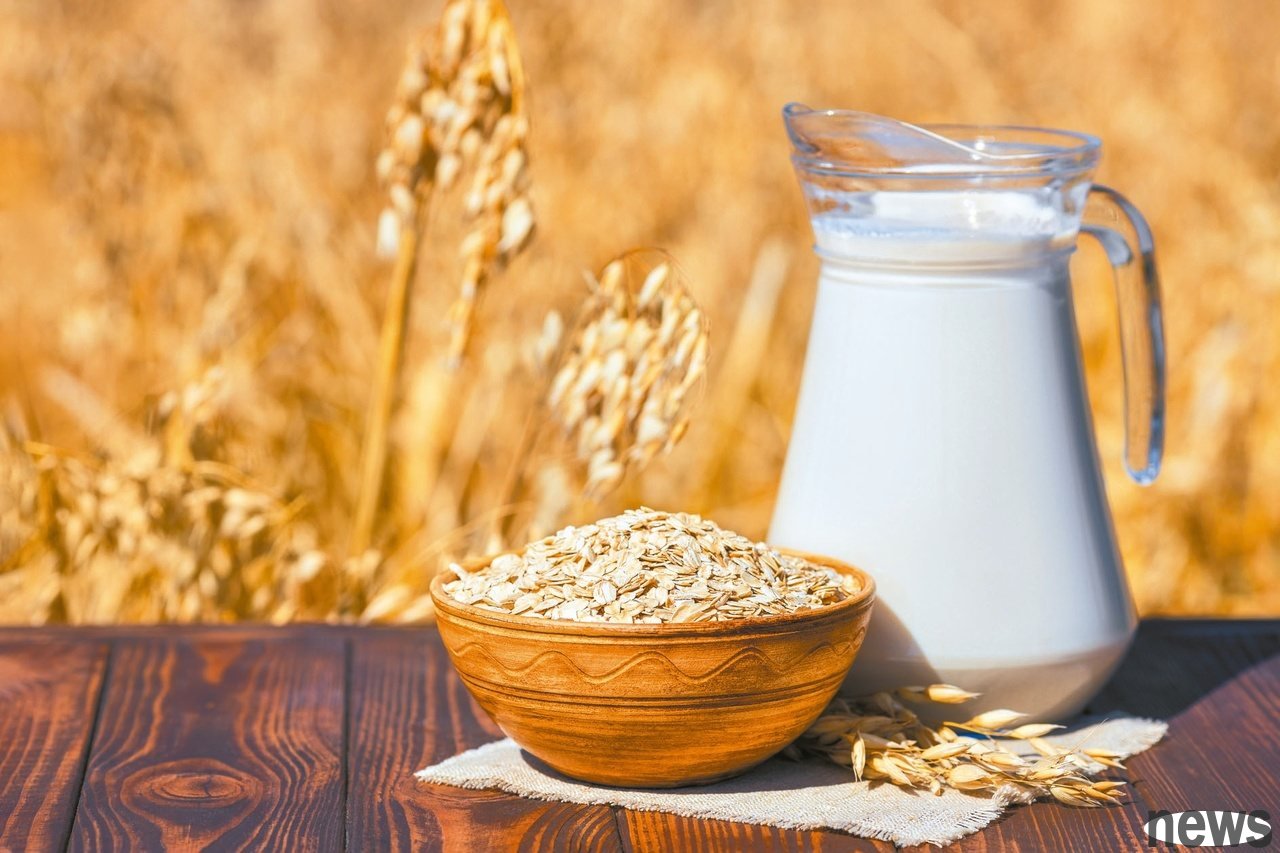
When we pursue healthy diets, many foods may seem like "healthy choices", but in fact they may have hidden health risks. The British "Daily Post" visits two London nutritionists, revealing 8 common but not as healthy as expected, and reminding consumers to be more cautious when buying, including many foods that Taiwanese people also love to eat, such as Glanola tablets, avocados, etc., which surprised people.
1. Longshilan sugar stew: 1.5 times sweeter than normal sugarLongshilan sugar stew, which is touted as a natural sugar substitute, has a surprising fructose content and can easily fall into a high fructose crisis. However, nutritionists pointed out that 70 grams of sugar per 100 grams will not only increase the heat intake, but also damage teeth. The National Health Service (NHS) lists it as "holiday sugar" and recommends that the daily intake should not exceed 6 teaspoons.

In recent years, plant milk has become a trend. Although plant milk such as almond milk and swallow milk have low fat content, nutritionists remind that some brands add a lot of sugar and additives, it is recommended to buy sugar-free and strengthened products.
3. Avocado: rich in nutrients, but calories friedAvocado is rich in fiber and healthy fats, but a medium avocado contains about 20 grams of fat and 250 calories, which is comparable to a chocolate bar. Although it contains healthy, non-farming and fat, excessive intake can still lead to weight gain.
4. Glannora malt tablets: Breakfast sugar black holeEvery 50 grams of super berry Glannora malt tablets contain 8.4 grams of sugar, which is the same sugar content as a cream strawberry soy donut! A high-sugar breakfast can easily cause blood sugar fluctuations, causing a feeling of hunger and energy drop. Nutritionists recommend choosing low-sugar products or self-made products, and eating them with high quality, fruit, etc.
5. Coconut oil: The name is healthy, and the essence does not changeThe proportion of raw and fat in coconut oil is as high as 90%, which is higher than that of cream. Every 15 ml of coconut oil contains about 13 grams of fat and fat, which is almost half the recommended daily intake (30 grams). Long-term intake may increase cardiovascular disease risks.
6. Vegetable potato chips: Maybe it’s less healthy than potato chipsDon’t think it’s healthier if it’s made with vegetables! Although vegetables are the main focus, vegetable potato chips still contain a lot of oil and salt, and the nutritional value is not much different from traditional potato chips. Each serving contains 1.2 grams of fat and 0.44 grams of salt. If you need to explain it, it is better to choose raw vegetables.
{twenty one} {twenty two}
7. Purefolia: Highly processed products should be carefulPurefolia substitutes Although they are environmentally friendly, they are highly processed and add stable agents and artificial pigments, and the salt, raw and fat content is also high. A piece of pure vegetarian burger may contain nearly 6 grams of fat and more than 1 gram of salt. Nutritionists suggest that vegetarians can switch to less processed foods such as beans, quinoa, and tofu to collect protein.
8. Kesa Salad: High Fat and High Salt Potential RiskA serving of Chicken Kesa Salad contains 5.1 grams of whole chicken and fat, which is almost comparable to McDonald Cheeseburger (5.4 grams). In particular, adding bacon will further increase the salt and fat. It is recommended to make your own salad sauce and avoid adding fried cubes.
Experts suggest "reading tags and appropriate ingestion". When purchasing foods with "healthy" list, consumers should pay attention to the ingredient tags, choose low-sugar, low-salt, and no additives. Do not be misled by the "healthy" tag. "Everything" appropriate ingestion is the way to health.